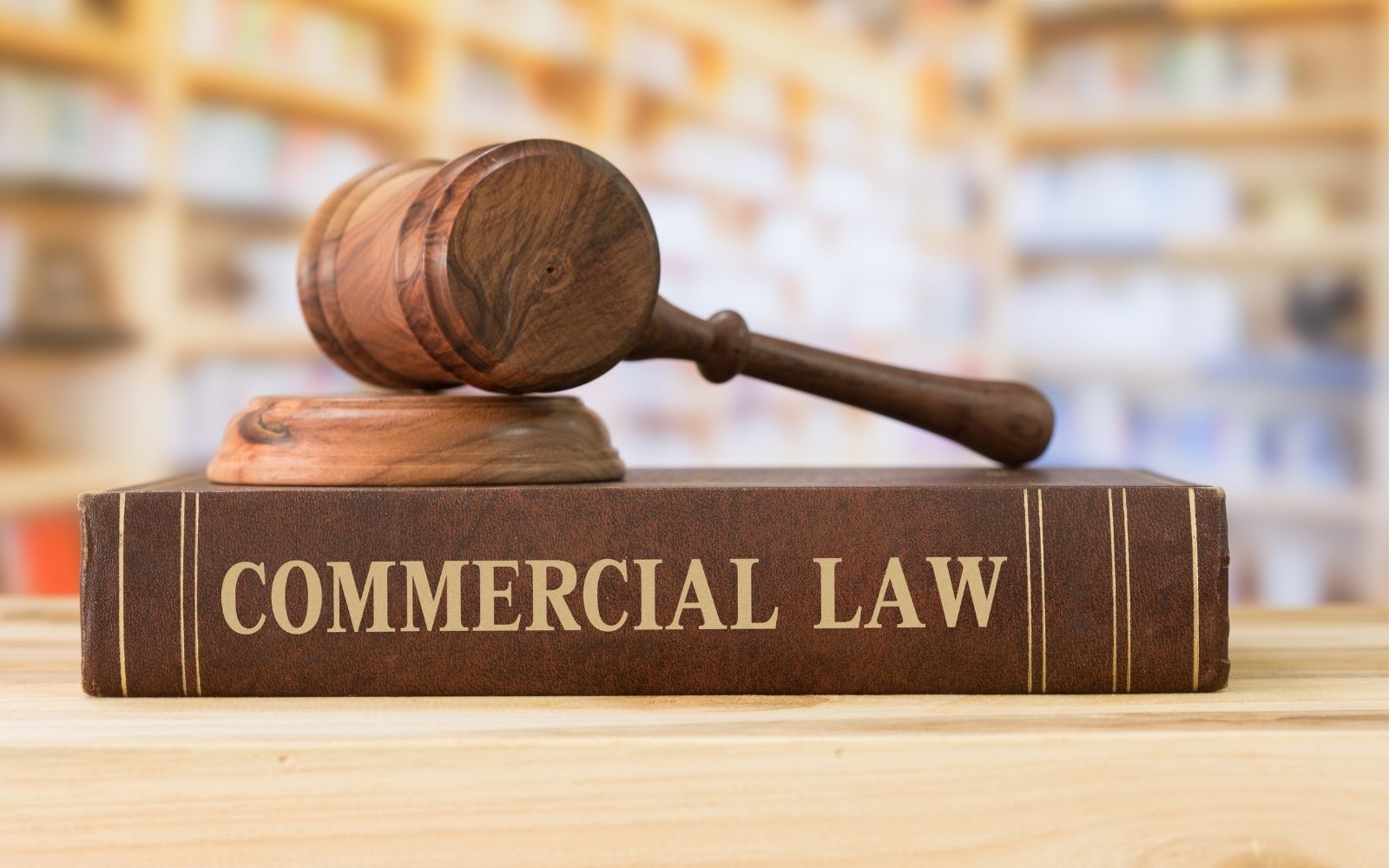A Good Lawyer: Beyond Legal Expertise

Finding a good lawyer can be daunting. The stakes involved in legal matters are high, and the consequences of choosing the wrong advocate can be severe. A good lawyer is more than just someone who knows the law; they are a strategic partner, a compassionate guide, and a tireless advocate for their client’s best interests.
This article delves into the multifaceted qualities that define a good lawyer, exploring the essential traits, skills, and ethical considerations that contribute to their success. We will examine the importance of legal expertise, communication, empathy, analytical ability, and dedication to client service.
Legal Prowess: The Foundation of Effectiveness
While it may seem obvious, a good lawyer possesses a deep understanding of the law. This encompasses not just the statutes and regulations, but also the legal precedent, case law, and procedural rules that govern their practice area.
A good lawyer meticulously researches the applicable laws, identifies relevant precedents, and utilizes legal arguments effectively to build a strong case. They stay abreast of changes in the legal landscape, ensuring their knowledge and strategies remain current and relevant.
Effective Communication: Bridging the Gap
Legal jargon can be confusing, and navigating the complexities of the legal system can be overwhelming for clients. A good lawyer acts as a bridge, translating legal concepts into clear, concise language that clients can understand.
A good lawyer is an active listener, patiently addressing client concerns and explaining legal processes in detail. They possess excellent written and oral communication skills, drafting compelling legal documents and presenting persuasive arguments in court.
Empathy and Understanding: Connecting on a Human Level
Legal matters often involve emotionally charged situations. Clients may be facing stress, anxiety, or even trauma. A good lawyer demonstrates empathy and understanding, recognizing the human impact of the legal issues at hand. They build rapport with clients, establishing a relationship of trust and confidence.

By actively listening to clients’ experiences and perspectives, a good lawyer can tailor their approach to meet their individual needs and provide compassionate legal representation.
Analytical Skills: Unraveling Complexities
Legal cases often involve intricate facts, conflicting narratives, and multiple layers of legal arguments. A good lawyer possesses strong analytical skills, carefully evaluating evidence, identifying potential legal issues, and developing creative solutions.
They can dissect complex legal documents, anticipate opposing arguments, and formulate strategies that maximize their client’s chances of success.
Dedication to Client Service: Putting Clients First

The ultimate goal of a good lawyer is to serve their clients’ best interests. They are committed to providing prompt, efficient, and ethical representation, keeping clients informed throughout the legal process.
A good lawyer is accessible to their clients, responsive to their needs, and works tirelessly to achieve the desired outcome. They understand that their clients’ lives are on the line and approach each case with the utmost seriousness and dedication.
Beyond the Basics: The Refinement of Legal Excellence
While the qualities mentioned above form the bedrock of legal competence, a good lawyer continually strives for excellence.
-
Continuing Legal Education: Legal practice is a dynamic field, and a good lawyer is dedicated to ongoing learning. They attend seminars, workshops, and conferences to stay abreast of changes in the law, legal strategies, and professional ethics.
-
Technological Proficiency: The legal profession is increasingly reliant on technology. A good lawyer embraces technological advancements, utilizing legal software, e-discovery tools, and online resources to enhance their efficiency and provide better service to clients.
-
Negotiation and Mediation: A good lawyer understands the importance of alternative dispute resolution. They are skilled negotiators, able to find mutually acceptable solutions through mediation or settlement discussions, saving clients time, expense, and emotional stress.
-
Ethical Conduct: A good lawyer operates with the highest ethical standards. They adhere to the rules of professional conduct, maintain client confidentiality, and act in their clients’ best interests above all else. They are trustworthy, honest, and committed to upholding the integrity of the legal profession.

Finding the Right Fit: A Personal Connection
Choosing a good lawyer is a personal decision. In addition to the legal expertise and professional qualities discussed, it is essential to find a lawyer with whom you feel comfortable and confident.
Trust and rapport are crucial elements of a successful attorney-client relationship. Seek out lawyers who are not just brilliant legal minds, but also compassionate individuals who will listen to your concerns, answer your questions honestly, and fight tirelessly for your rights.
When facing a legal challenge, remember that you have choices. Invest time in researching potential lawyers, asking for referrals, and conducting consultations. By carefully considering these factors, you can find a good lawyer who will be a trusted advisor and a champion for your cause.
